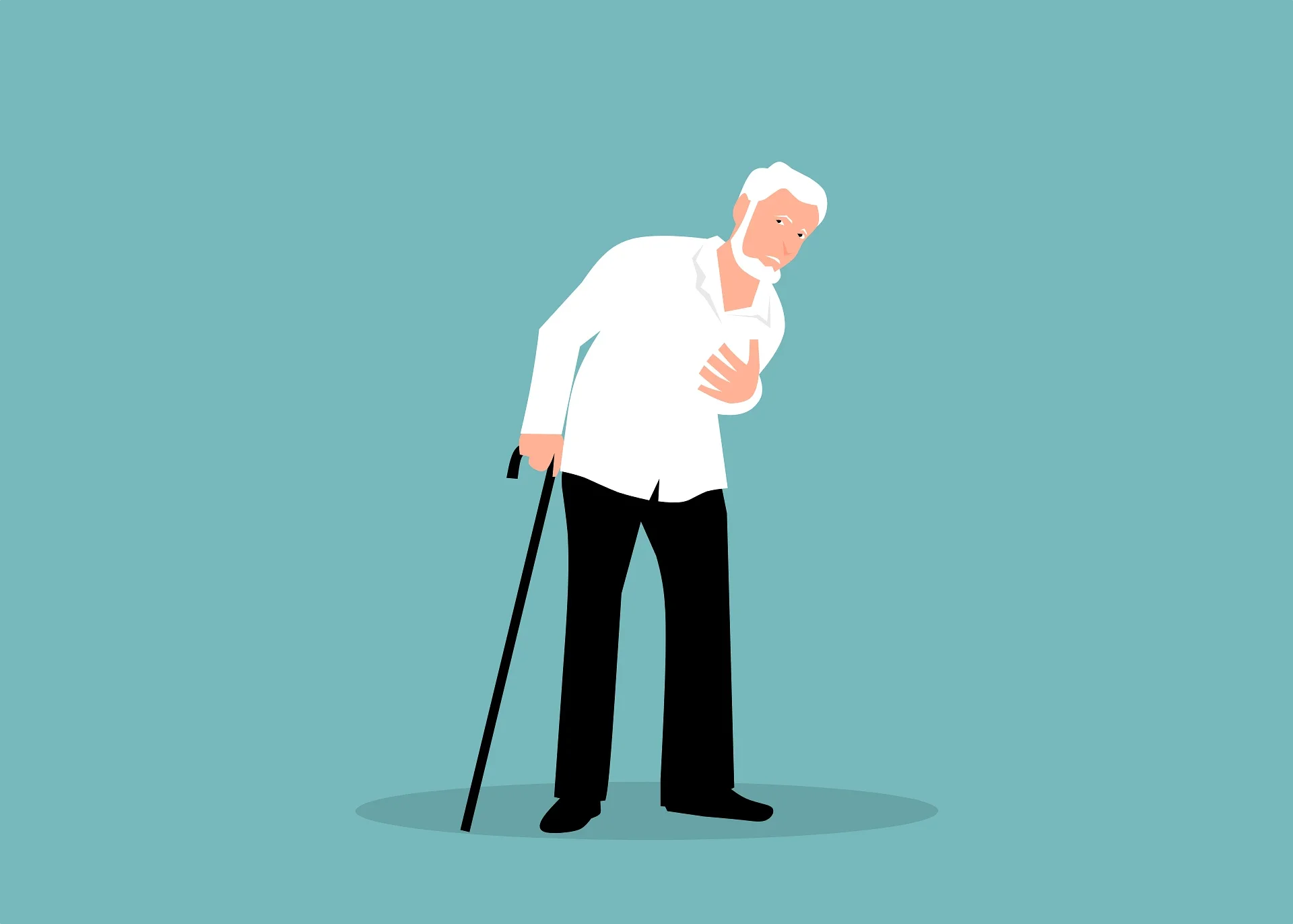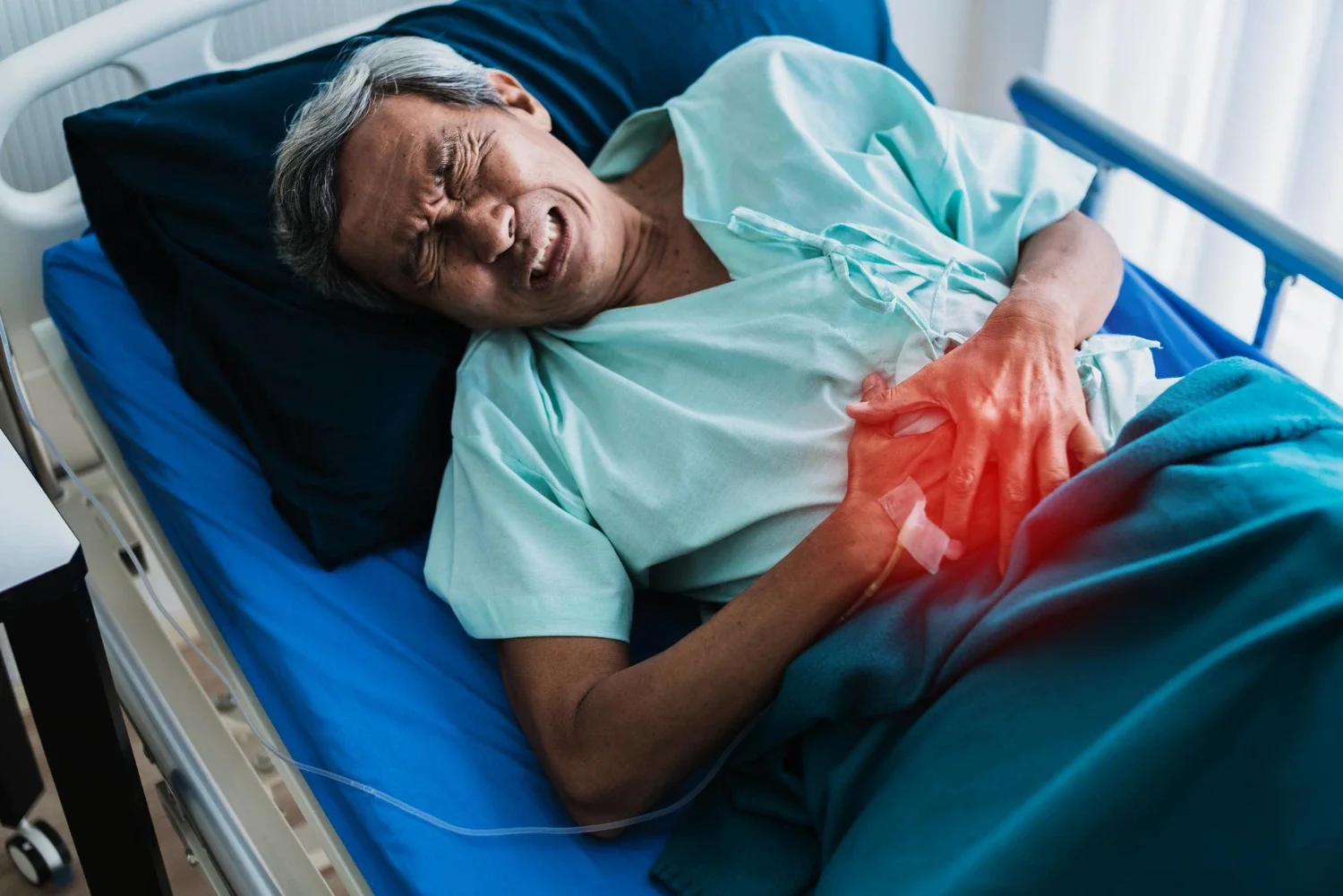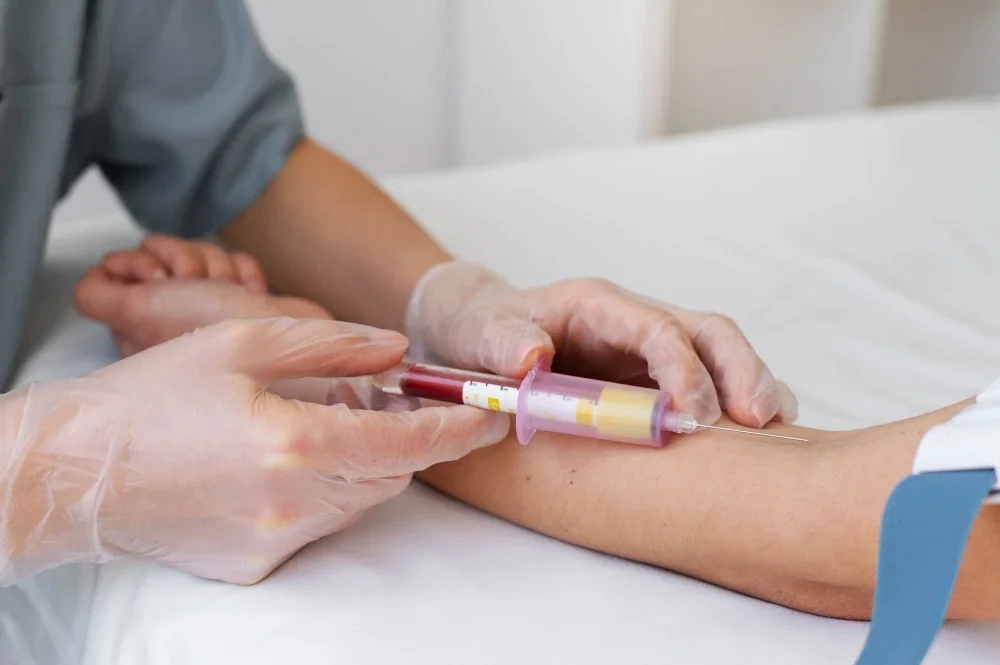Understanding Dengue: Common Symptoms and When to Seek Medical Help
Dengue fever is a mosquito-borne viral infection and is a significant public health concern across many tropical and subtropical regions worldwide. The Aedes mosquitoes, primarily Aedes aegypti, transmit the disease and present with flu-like symptoms that can occasionally evolve into severe dengue, a potentially lethal complication. Given the prevalence and impact of this illness, it's crucial to recognize its symptoms and understand when to seek medical help.
Common Symptoms of Dengue Fever
Dengue fever often starts with symptoms that can be mistaken for those of the flu or other viral infections. The onset typically occurs 4 to 10 days after the mosquito bite and can include the following:
High Fever: One of the most common symptoms, where body temperature can rise to 104°F (40°C).
Severe Headaches: The pain is usually located behind the eyes.
Joint and Muscle Pain: Dengue has been nicknamed "breakbone fever" due to the severe muscle & joint pains it causes.
Fatigue and Restlessness: Dengue fever symptoms are typically unusually tired and restless.
Skin Rash: A few days after the fever begins, a rash might appear over most of the body.
Nausea and Vomiting: These symptoms are common & can contribute to dehydration.
These initial symptoms can be mild and mistaken for those of other diseases, making dengue challenging to diagnose without specific tests. It's essential to monitor the symptoms closely before the disease progresses into a more severe form.
Dengue : Prevention and Control
Prevention and control of dengue involve protection against mosquito bites and reducing mosquito habitats. Here are a few strategies:
Use Mosquito Repellent: Always use an EPA-registered repellent when outdoors.
Wear Protective Clothing: Long sleeves & pants can help prevent bites.
Secure Screens and Nets: Mosquito nets and screens can keep mosquitoes out of living spaces.
Eliminate Standing Water: This is crucial as Aedes mosquitoes breed in standing water.
When to Seek Medical Help
While most people recover from dengue with minimal intervention, the disease can develop into severe dengue, formerly known as dengue hemorrhagic fever, which can be life-threatening. Early medical intervention can significantly improve treatment outcomes, so knowing when to seek help is crucial. Here are several warning signs that require immediate medical attention:
Severe Pain in Abdomen: Intense pain in the abdomen is a red flag for severe dengue.
Nausea and Vomiting: This can add to dehydration, so keeping hydrating is essential.
Bleeding: This includes nose bleeds, bleeding gums, or blood in vomit or stool.
Rapid Breathing: Difficult or rapid breathing can indicate a drop in blood pressure.
Cold or Clammy Skin: This can be a sign of shock, especially when accompanied by a rapid drop in temperature.
Fatigue/Restlessness: If this worsens, it may be a sign of complications.
It's critical to contact healthcare providers if these symptoms appear, particularly after a recent mosquito bite in a dengue-endemic area.
Conclusion
JIET Hospital in Jodhpur, Rajasthan, has been at the forefront of managing dengue cases in the region. With a dedicated team of experienced doctors & state-of-the-art facilities, the hospital is equipped to offer comprehensive care for dengue patients. Treatment at JIET Hospital adheres to the latest guidelines and protocols to ensure the best outcomes.
The hospital provides a holistic approach to dengue treatment, which includes:
Diagnostic Services: Prompt and accurate diagnosis through advanced serological and molecular tests to detect the dengue virus.
Hydration and Nutritional Support: Ensuring patients receive the necessary fluids and nutrients to combat dehydration and boost the immune system.
Monitoring and Managing Complications: Close monitoring vital signs and blood parameters to swiftly address complications like hemorrhagic conditions or shock.
Community Awareness Programs: JIET Hospital educates the community about dengue prevention and early symptoms through outreach programs and health workshops.
For Dengue Treatment at JIET Hospital, Jodhpur, you can contact the number 9950059980 or visit the JIET Hospital website.




